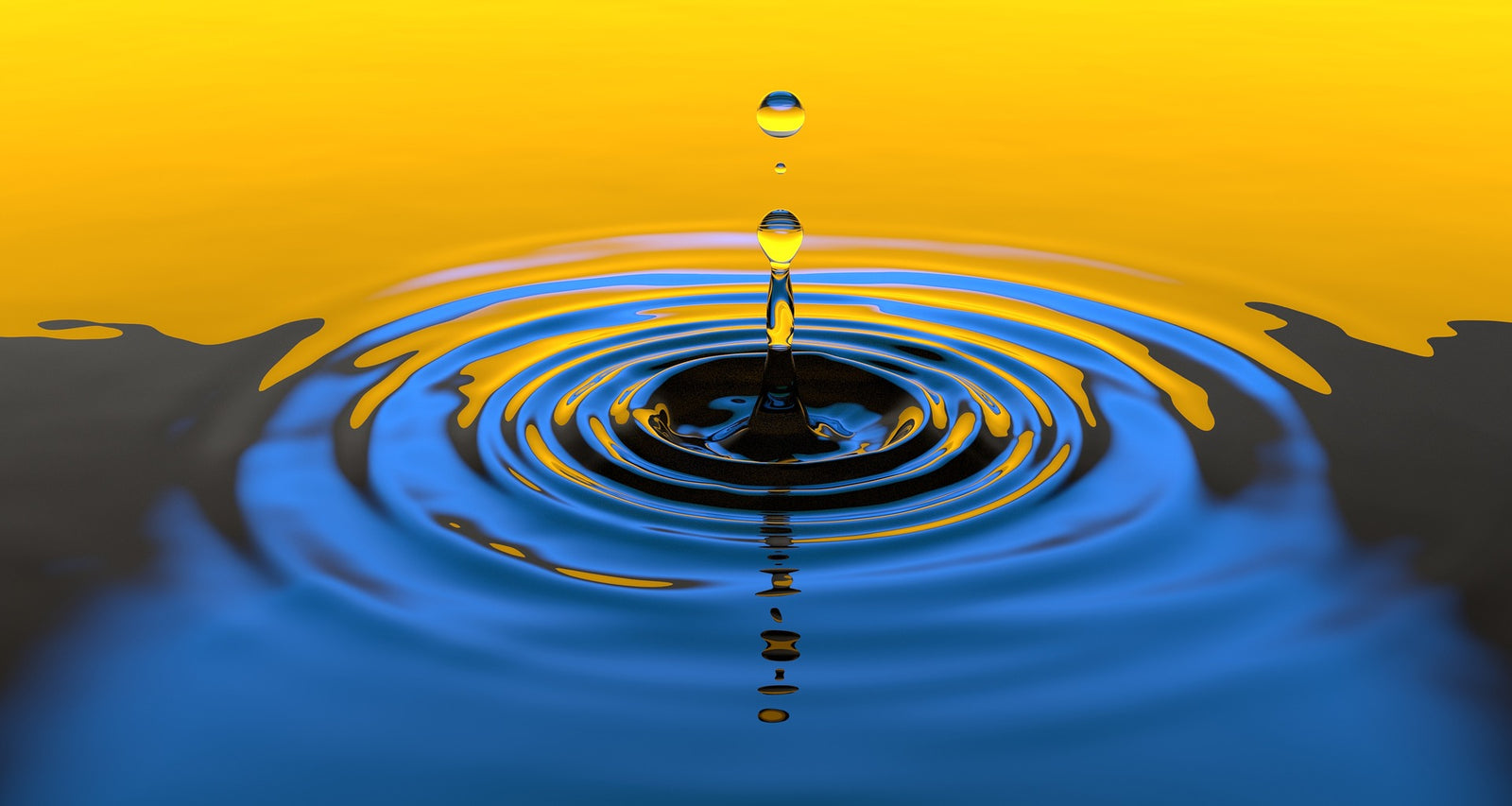
Hydrogen Water: What Is It and How Does It Enhance Health & Vitality?
August 12, 2017 3 min read
As you may recall from your high-school chemistry class, a water molecule is composed of two hydrogen atoms and one oxygen atom -- hence its chemical notation of H2O. Given that water, by definition, already contains hydrogen, you might very legitimately ask: How is “hydrogen-enriched” water different from regular 'ole standard-issue water? And this is a very good question!
Is offering someone hydrogen-enriched water a bit like offering them a bread-enriched sandwich, i.e. claiming to have added something that was already there?
Actually, hydrogen-enriched water is dramatically different from regular water!
What makes hydrogen water uniquely powerful is the splitting of H2O molecules into two other molecules: O2 and H2. Breaking the chemical bonds of the H2O molecule is typically accomplished in one of two ways: (1) via electrolysis (passing an electrical current through the water); or (2) by placing metallic magnesium in the water, which produces a chemical reaction that breaks the bonds in water molecules. The outcome of either of these processes is molecular hydrogen (H2) – which acts as a powerful antioxidant in the human body.
Now you've probably at least heard of “antioxidants” – along with their arch-nemesis “free radicals.” But let's take a closer look, in biochemical terms, at how this battle unfolds within a human body. This will allow us to better understand the health-enhancing benefits of hydrogen-enriched water.
What Are Free Radicals?
Simply put, a free radical is an atom (or molecule or ion) that has an unpaired electron. When an oxygen molecule, for instance, splits into single atoms with unpaired electrons, these atoms are known as free radicals. Free radical atoms are highly unstable and reactive. Why? Because electrons strongly prefer to travel in pairs -- but the free radical atom or molecule is traveling with an unpaired electron.
So the free radicals become like scavengers in the body – seeking out other electrons in order to become a pair again. Strategies for securing their “missing” electron include pulling it from another molecule. The molecule from which this electron was “stolen” then itself becomes unstable: Its healthy functioning is compromised, as it itself becomes a free radical (since it’s now missing an electron). This kind of domino effect ends up damaging entire cells, and in turn, the organs comprised of those cells.
Now free radicals aren't inherently bad. In fact, they're a natural byproduct (a “waste product”) of metabolism and other biochemical processes. The problem arises when there is an excess of free radicals within a cell. This results in what is known as “oxidative stress” – and concurrent damage of proteins, lipids or nucleic acids.
And the solution to this excess of free radicals? It’s our superhero: the antioxidants!
What Are Antioxidants?
The job of an antioxidant is to clean up free radical waste in the cells. And how does it do this? By giving one of its electrons to the free radical – without itself becoming destabilized. So instead of perpetuating the free radical chain reaction, an antioxidant is able (metaphorically) to say: “The buck stops here!”
The free hydrogen molecules in hydrogen-enriched water function in exactly this way: as antioxidants able to neutralize free radicals (by offering an electron without themselves becoming destabilized) thus preventing the damage they may have caused in your cells.
Why Molecular Hydrogen Is Special
Molecular hydrogen gas (H2) is the smallest and most mobile molecule known to humankind. By virtue of its “nano” size, it's able to move freely through cell membranes, enter the mitochondria and nucleus of cells, and even cross the blood-brain barrier. It can (with the intrepid spirit of Jean-Luc Picard) “go where no molecule has gone before” – offering its super-hero antioxidant healing services far and wide within the universe of the human body.
Molecular hydrogen has been shown to be effective in supporting recovery from and/or preventing a vast array of physical maladies: Parkinson's Disease, cancer, Alzheimer's Disease, traumatic brain and spinal cord injuries, autoimmune conditions, heart attacks, strokes, and liver and kidney disorders, arthritis and diabetes – to name just a few. And this is what makes it so special – and why hydrogen-enriched water can rightfully be thought of as truly cutting-edge medicine.
To your health & happiness!
Subscribe
Sign up to get the latest on sales, new releases and more …
